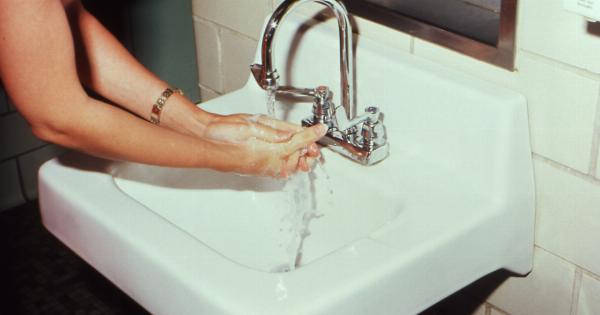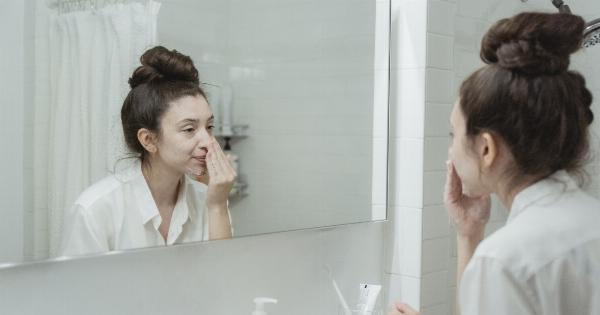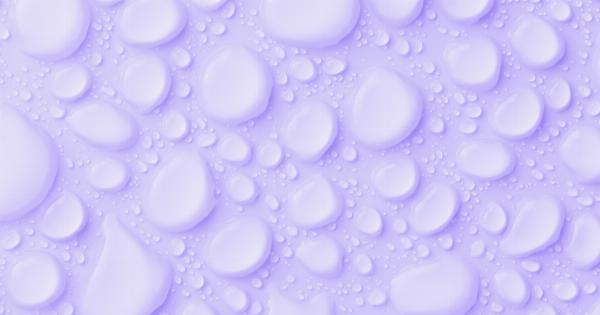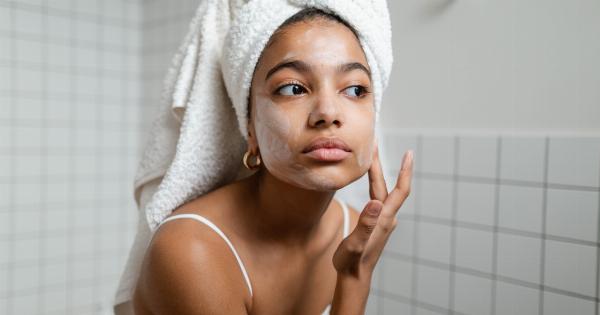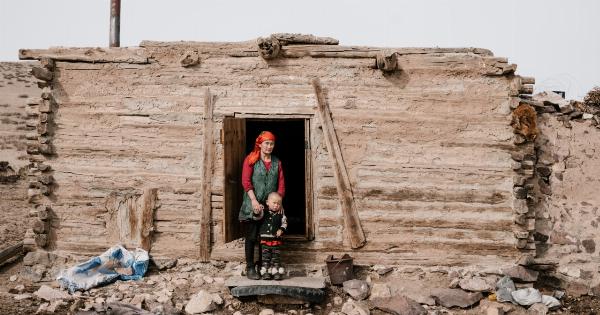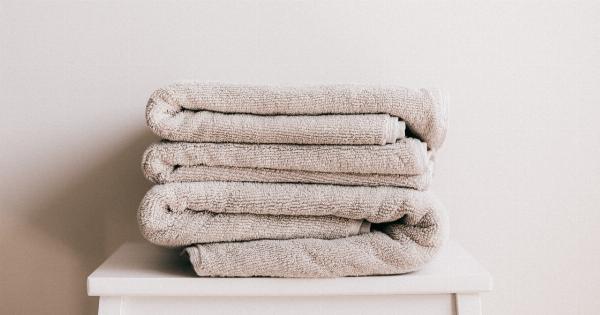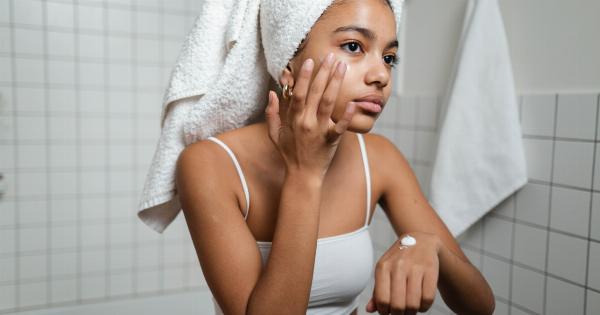As a parent, you want the best for your child, especially when it comes to their health. If your child suffers from eczema, you may have tried various treatments and remedies to alleviate their symptoms.
However, have you ever considered that the water quality in your home might be a contributing factor?.
The Link Between Water Quality and Eczema
Eczema, also known as atopic dermatitis, is a chronic skin condition that affects millions of children worldwide. It is characterized by dry, red, itchy, and inflamed patches of skin.
While the exact cause of eczema is unknown, scientists believe it to be a combination of genetic and environmental factors.
One environmental factor that has gained attention in recent years is water quality.
The water we use for bathing, washing clothes, and even drinking contains various impurities and chemicals that can potentially irritate the skin, exacerbating eczema symptoms. Let’s explore some of the ways water quality can affect your child’s eczema.
Chlorine and Eczema
Chlorine is commonly used in water treatment plants to kill bacteria and other harmful microorganisms. While it serves an important purpose in ensuring safe drinking water, it can have adverse effects on the skin.
Chlorine strips the skin of its natural oils, leaving it dry and prone to irritation.
Research suggests that chlorine exposure may play a role in triggering or worsening eczema symptoms.
A study published in the journal Allergy found that children with eczema had higher levels of chlorine in their bodies compared to children without the condition. Additionally, chlorine can react with organic matter in water to form disinfection byproducts (DBPs) such as trihalomethanes, which have been linked to skin irritation.
Hard Water and Eczema
Hard water is water that contains a high concentration of minerals, particularly calcium and magnesium. While not necessarily harmful to drink, hard water can have negative effects on the skin.
The minerals in hard water can create a film on the skin, preventing proper hydration and leading to dryness and itching.
A study published in the Journal of Dermatological Sciences found that children with eczema who lived in areas with hard water experienced more severe symptoms compared to those living in areas with soft water.
The study suggested that the mineral content in hard water could impair the skin barrier function and promote inflammation, exacerbating eczema.
Chemical Contaminants and Eczema
In addition to chlorine, there are other chemical contaminants present in water that can potentially irritate the skin and worsen eczema symptoms. These include pesticides, heavy metals, and industrial pollutants.
When your child comes into contact with water containing these contaminants, it can lead to skin irritation, redness, and itching.
A study published in the International Journal of Environmental Research and Public Health found an association between exposure to certain pesticides in water and an increased risk of eczema in children.
The study suggested that reducing pesticide contamination in water sources could help alleviate eczema symptoms in susceptible individuals.
Improving Water Quality for Eczema Relief
If you suspect that your home’s water quality is contributing to your child’s eczema, there are steps you can take to alleviate their symptoms. Here are some measures you can consider:.
1. Install a Water Softener
If you have hard water, installing a water softener can help reduce the mineral content and make the water gentler on the skin.
Water softeners work by replacing calcium and magnesium ions with sodium ions, thereby preventing the buildup of scale and promoting softer water.
2. Use a Shower Filter
Shower filters are designed to remove impurities and chemicals from the water, including chlorine and DBPs. They attach easily to your showerhead and provide a barrier between your child’s skin and potential irritants.
Look for a shower filter specifically designed for eczema-prone skin.
3. Limit Bathing Time and Temperature
Long, hot showers or baths can strip the skin of its natural oils and exacerbate eczema symptoms. Encourage your child to take shorter showers or baths using lukewarm water to prevent excessive drying of the skin.
4. Moisturize Immediately
After bathing or washing, it is crucial to moisturize your child’s skin immediately. Choose a fragrance-free and hypoallergenic moisturizer that is suitable for sensitive skin.
Applying a moisturizer will help lock in moisture and prevent the skin from becoming dry and itchy.
5. Drink Filtered Water
While the focus has primarily been on bathing water, drinking water quality can also have an impact on eczema.
Using a filter to remove impurities and contaminants from the water you drink can help minimize the risk of exposure to skin-irritating substances.
Consulting a Dermatologist
If your child’s eczema symptoms persist or worsen despite efforts to improve water quality, it is essential to consult a dermatologist.
They can provide further guidance on managing and treating your child’s eczema, including prescription medications and specialized skincare products.
Conclusion
Your home’s water quality can indeed affect your child’s eczema. Chlorine, hard water minerals, and chemical contaminants present in water can contribute to skin irritation and worsen eczema symptoms.
Taking steps to improve water quality, such as using a water softener or shower filter, can help alleviate your child’s eczema. However, consulting with a dermatologist is crucial if eczema symptoms persist despite these measures.




